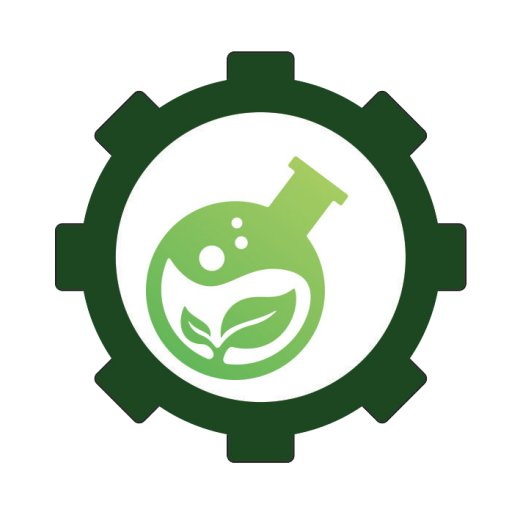Overview
In 2015, Ghana and the United States of America signed a five-year Child Protection Compact (CPC) partnership to strengthen the efforts of the government of Ghana and civil society organizations to address child trafficking, including forced labour and child sex trafficking. The goal of the project was to enhance the effectiveness of efforts in combatting child trafficking and slavery in 34 communities over the original four-year period in six districts in the Greater Accra, Volta and Central Regions of Ghana. In September 2019, the U.S. Department of State Office to Monitor and Combat Trafficking in Persons (TIP office) awarded a cost extension to FTS to scale up the Growing Up Free project to 26 new communities and six districts throughout the Greater Accra, Oti, Eastern, and Bono East Regions which further extended the project to August 2022.
The Agresearch Lead was contracted to conduct the evaluation of the Growing Up Free project implemented by Free the Slaves (FTS) to assess the impact of project interventions on beneficiary communities.
Project details
Duration: April, 2022 – September, 2022
Location: Volta, Oti, Greater Accra, Western, Central and Bono East regions of Ghana
Study location

Stakeholders

Technical Approach
Mixed-methods (quantitative and qualitative) evaluation approach was considered to evaluate Growing Up Free project so that we can answer not only on whether (and to what extent) GUF intervention succeeded or failed in achieving its goals through quantitative analysis but also the underlying causal mechanisms through qualitative approaches.
Qualitative methods such as Focus group discussions and Key Informant interviews were considered in this evaluation to explore specific facets of the project and to give voice to participants. These methods provided in-depth information to assist in enhancing the quality of future programs. Qualitative data analyses bring numbers and stories about causal mechanism together.
In the quest to achieve uniformity and enhanced data aggregation, unique data collection instruments were developed and used as dialogue protocols for the survey throughout the various project communities. The instruments used to gather primary data include;
Focus Group Discussion Guide (FGD)
Relevant stakeholders such as the Village Savings and Loans Associations were engaged using the Focus Group Discussion Guide. Opinions on child protection and anti-slavery measures were solicited from District Child Protection Committees, Community child protection committees and community learning groups
Key Informant Interviews (KII)
Interviews with Key Informants (KII) were conducted for each of the sampled stakeholders listed below. The feedback from these KIIs provides important input to the interpretation of the data mostly acquired from the quantitative interviews. Some key Informants include the following:
- The staff of the Partners in Community Development Program (PACODEP)
- The staff of Shelter homes
- The Staff of MIHOSO
- The staff of International Needs Ghana (ING)
- The district director of the Department of Social Welfare
- Executives of the Community Child Protection Committee (CCPCs) and Child Right Clubs
Questionnaire
Stakeholders at the community level such as the parents/ guardians of survivors and survivors were engaged using the quantitative instrument. The quantitative data collection was conducted deploying the kobocolllect tool.
The OECD-DAC evaluation criteria and the Observational Study Design (OSD) were used. The Participatory Rural Appraisal tools and Learning methods in primary data collection was also used to engage stakeholders during qualitative interviews.
Tasks carried out:
The activities the team carried out were;
- Organized inception meeting with partners and submitted an inception report detailing the revised technical approach and updated detailed implementation plan.
- Reviewed documents such as baseline reports and instruments and project M&E data.
- Developed data collection instruments (Quantitative and qualitative) for various stakeholder engagements such as Survivors, Control group (children), Parents/Guardians, Child protection committees, VSLA groups and executives, Traditional opinion leaders and District and National level structures.
- Programmed questionnaires using Kobo collect and checking for consistency and appropriation of skip logics.
- Human resource and logistics arrangements for training and data collection.
- Trained field team members using participatory training approaches and methodologies.
- Technical implementation of data collection plan in the Eastern, Oti, Volta, Greater Accra, Central and Western Regions of Ghana.
- Data collation, cleaning and analysis using data management plan.
- Prepared draft report, reviewed comments from various stakeholders and finalized impact evaluation report.


Very insightful and keep up with the good works